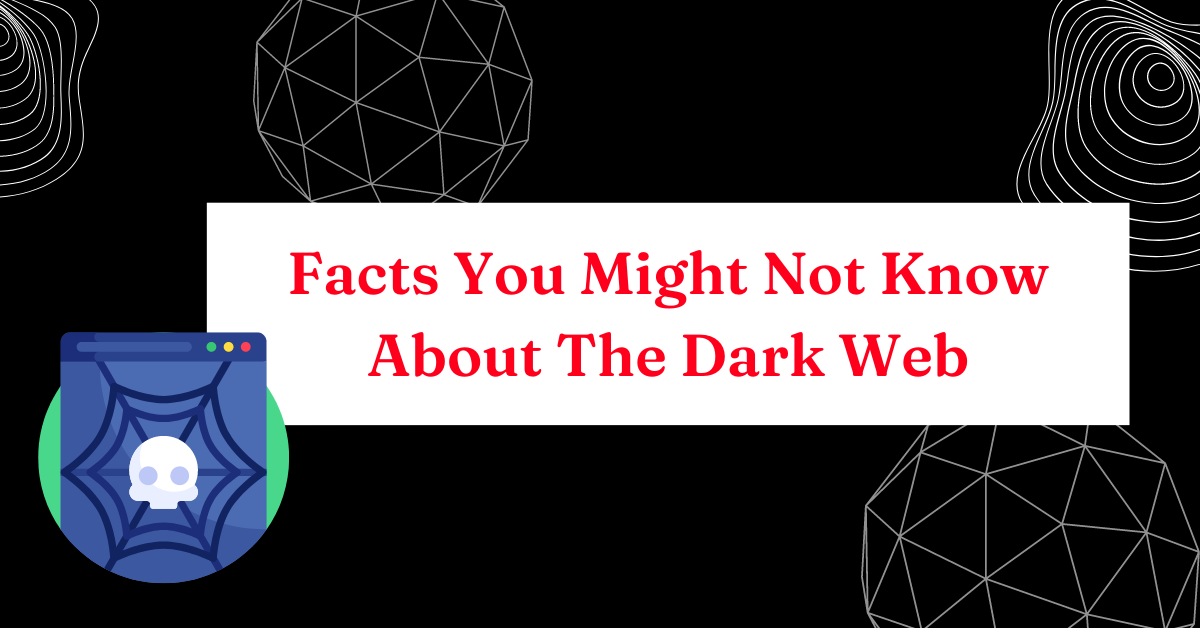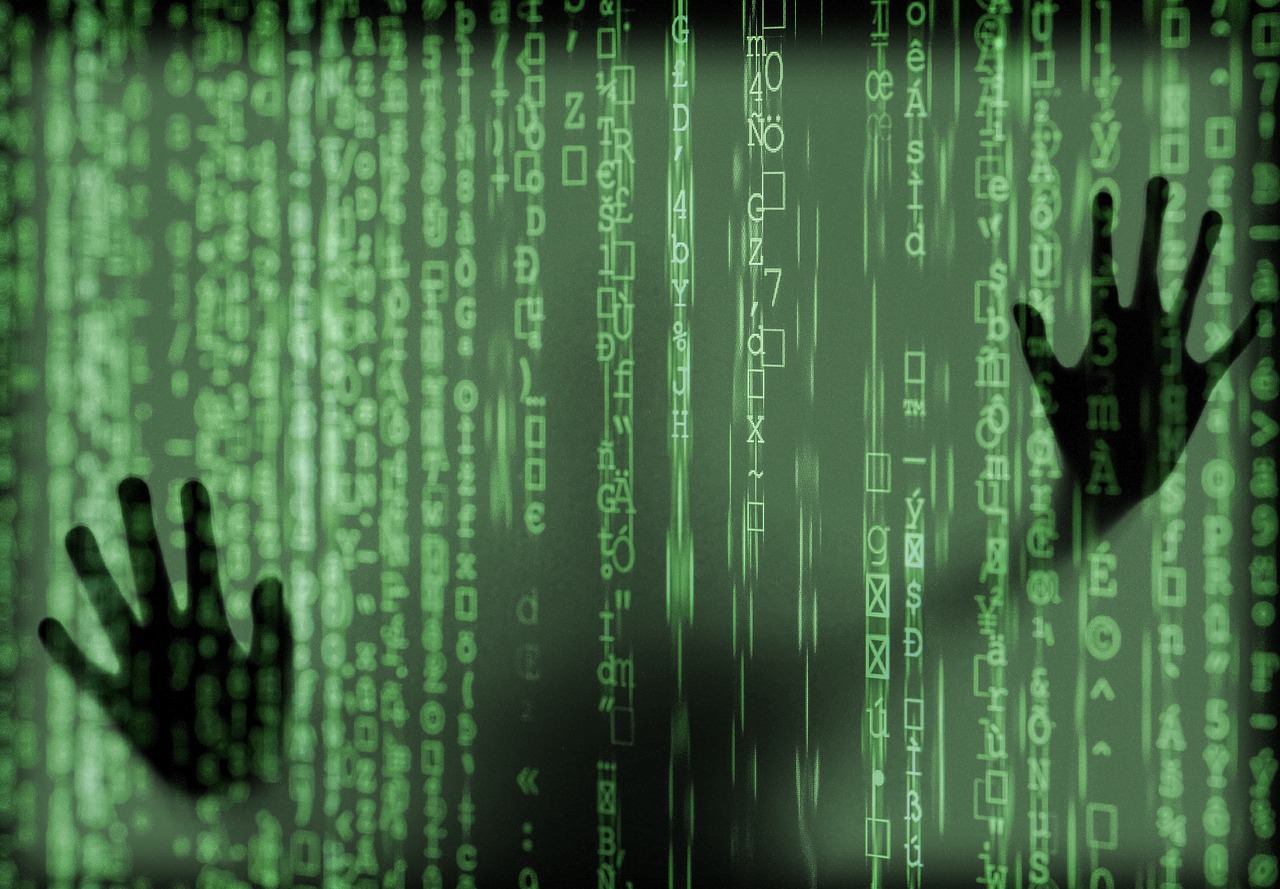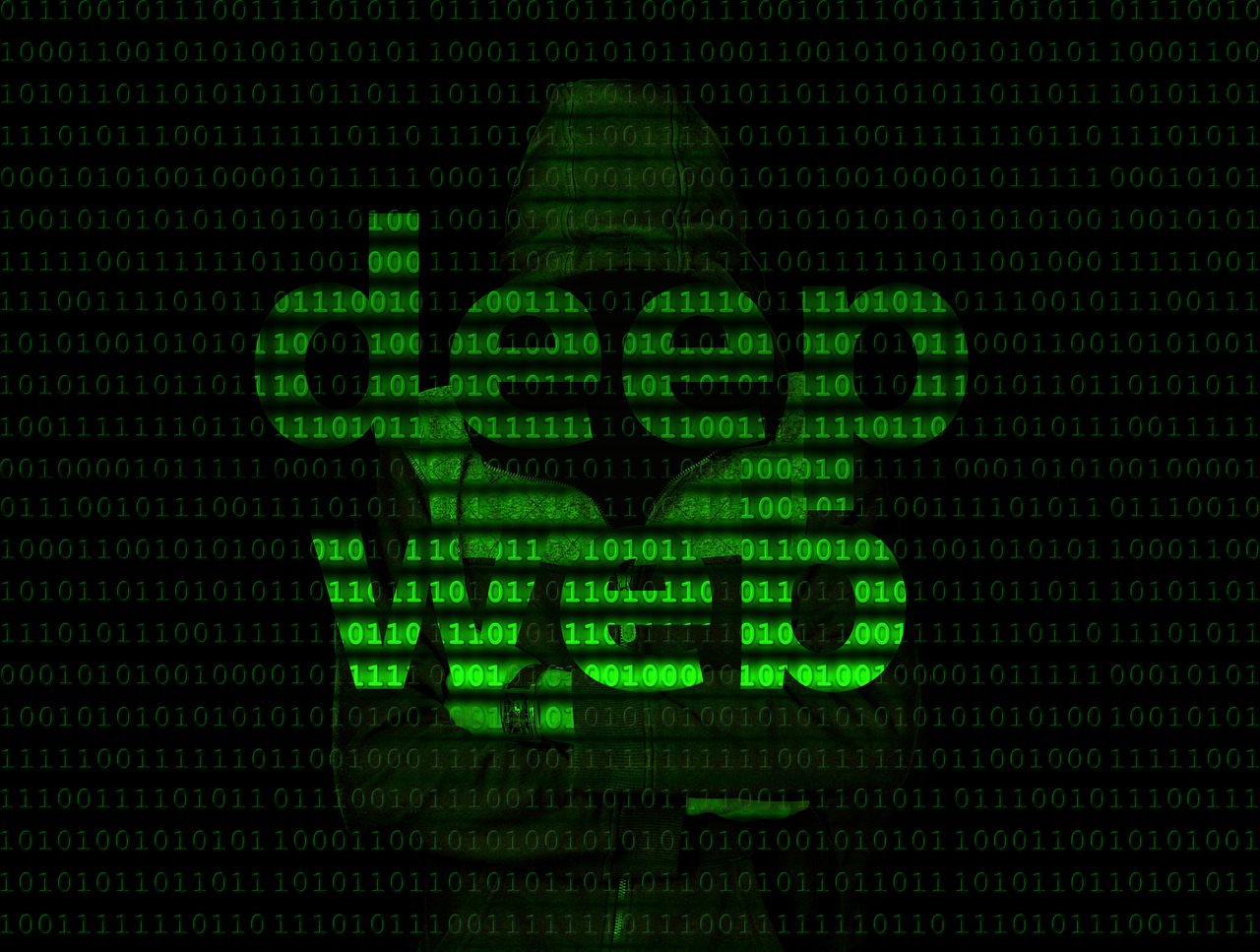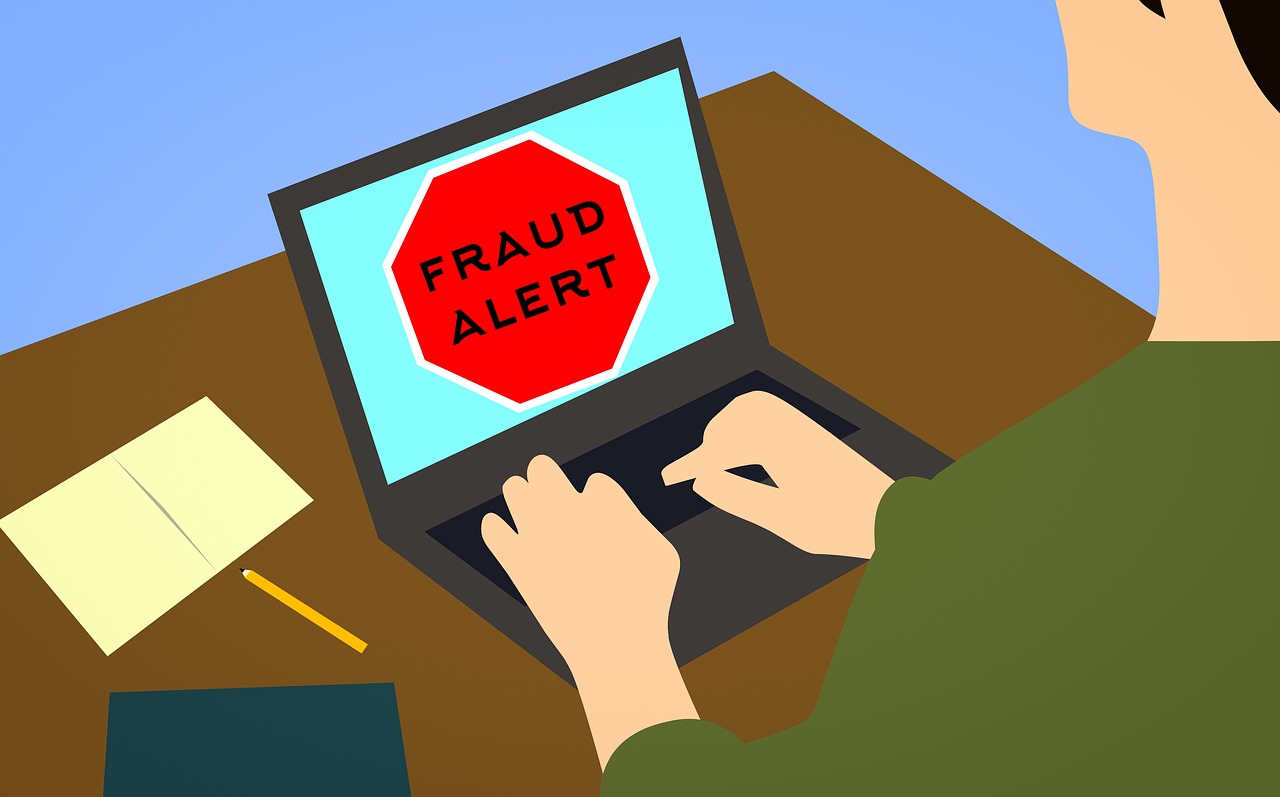This post will show you facts you might not know about the dark web. If you’re like most people, you probably don’t know much about the dark web. But that doesn’t mean you can’t protect yourself from hackers and scammers on the internet. In this blog post, we’ll teach you some lesser-known facts about the dark web and how to use them to secure your online identity.
So, firstly, what is the dark web? It is a collection of websites not indexed by search engines and can only be accessed using special software. It’s often used for illegal activity, such as buying and selling drugs or stolen credit card numbers.
While the dark web may seem scary, it has some legitimate uses. For example, journalists can use it to communicate with sources anonymously. And businesses can use it to set up private networks that are not accessible to the public. But overall, the risks outweigh the benefits, so it’s best to avoid the dark web altogether.
The dark web is also where scammers can set up fake websites to steal your personal information, like your login credentials or credit card number. You must ensure your passwords are secure so no one can access them.
READ ALSO: Dark Web 101: How To Access The Dark Web
Table of Contents
How Can I Secure My Passwords?
We all know the importance of having strong and secure passwords. After all, our passwords are the keys to our online lives. They protect our data, financial information, and even our identities.
However, with numerous accounts and passwords to manage, it can be challenging to recall them all – let alone ensure they are strong and secure. That’s where a password manager comes in.
A password manager is a software program that helps you create strong, unique passwords for all your online accounts and store them in a secure, encrypted database. That way, you only have to remember one master password to access all your other account passwords.
And because the best password managers use military-grade encryption, your passwords are safe from hackers, even if they manage to get their hands on your password manager database.
There are many great password managers out there (many of them free), but they don’t always come fo free. Check all the options, including the paid ones, and then select the one that best suits your needs. A secure password manager will help you keep track of all your passwords without needing to remember them.
READ ALSO: Best Dark Web Monitoring Services In 2025 [Tested, Reviewed & Ranked]
What Is The Difference Between the Deep Web and the Dark Web?
When it comes to the internet, there are three different levels of web content that you can access. The first level is what most people think of when they think of the internet, and it’s what you can find using a search engine like Google. This level is called surface making, accounting for approximately 4% of all web content.
The second level is the deep web. The deindexer removes all the websites that can’t be found using a search engine. This includes private websites, password-protected websites, and databases that are not accessible to the general public. Around 96% of all web content is on the deep web.
The third level is the dark web. The dark web is a small part of the deep web that can only be accessed using specialized software, such as The Onion Router (TOR). TOR encrypts your traffic and routes it through multiple servers that hide your identity. The dark web is often used for illegal activity, like buying and selling drugs or weapons, because it’s very difficult for law enforcement to track down people who are using it.
If you want to access the “dark web” – a hidden part of the internet where criminals buy and sell stolen goods – then you need a special browser or browser; simply accessing the dark web isn’t enough to protect your privacy; you also need to use a VPN and ensure that all the websites you visit are encrypted (look for https:// at the start of their URL).
Even then, there are no guarantees that your activities will remain anonymous. If you aren’t comfortable with taking risks, it is best to avoid the web altogether.
READ ALSO: How Did My Personal Information End Up on the Dark Web?
What Are Some Common Scams On The Dark Web?
When it comes to the dark web, numerous scams are prevalent. Here are some of the most common ones:
- Phishing Scams: These scams involve someone attempting to trick you into disclosing your personal information, such as login credentials or credit card numbers. They may do this by creating a legitimate fake website or by sending you an email that appears to be from a legitimate company.
- Investment Scams: There are many investment scams on the dark web, where scammers promise high returns in exchange for your money. However, these investments usually don’t exist, and you will never see your money again.
- Dating Scams: The dark web also hosts dating scams, where scammers create fake profiles on dating sites and attempt to extract money from unsuspecting victims. They may do this by asking for money to help with travel expenses, medical bills, or even financial assistance to buy gifts for their “online date.”
- Malware Scams: Malware is malicious software that can infect your computer and cause damage. There are numerous malware scams on the dark web, where scammers trick users into downloading and installing malware onto their computers. This can happen through fake websites or emails that contain links to infected files. Once installed, the malware can steal your personal information or encrypt all your files, demanding a ransom payment to decrypt them again.
Facts You Might Not Know About The Dark Web: Frequently Asked Questions
What exactly is the dark web?
The dark web is a part of the deep web, and search engines do not index the vast amount of web content. To access the dark web, you need specialized software, such as Tor, which anonymizes your browsing activity.
Isn’t the dark web just a criminal marketplace?
While some marketplaces on the dark web do facilitate illegal transactions (drugs, weapons), it’s not the whole picture. Here are some surprising uses:
- Censorship Circumvention: In countries with strict internet censorship, people use the dark web to access banned information and news sources.
- Whistleblower Communication: Journalists and whistleblowers might use the dark web to communicate securely and anonymously with sources.
- Privacy-Focused Communication: Some users prioritize extreme anonymity and utilize the dark web for private communication that transcends mainstream platforms.
Is it safe to access the dark web?
The dark web isn’t inherently unsafe, but it can be a breeding ground for malicious activity. Here’s what to be cautious of:
- Malware: Phishing scams and malware are prevalent on the dark web. Be cautious when clicking on links or downloading files from unfamiliar sources.
- Scams: Fraudulent activity is common. Be skeptical of deals that seem too good to be true, and never share personal information.
- Law Enforcement: Engaging in illegal activity on the dark web can result in severe legal consequences.
READ ALSO: What to Do if Your Name is Found on the Dark Web?
How can I browse the dark web safely?
If you choose to explore the dark web, prioritize safety:
- Use a Reliable VPN: A VPN encrypts your internet traffic and helps mask your location, adding an extra layer of anonymity.
- Only Use Trusted Sites: Research and stick to well-established dark web marketplaces or resources with a good reputation.
- Beware of Downloads: Only download files from trusted sources and scan them thoroughly with antivirus software before opening.
- Never Share Personal Information: Avoid sharing any personal details that could be used to identify you.
Is there anything I can do legally on the dark web?
Absolutely! Here are some legitimate uses:
- Access Secure Communication Platforms: Some privacy-focused communication tools exist solely on the dark web.
- Find Rare Content: The dark web might host niche content or resources that are not readily available on the surface web.
- Explore Experimental Technologies: Some developers use the dark web to test and share new technologies anonymously.
The dark web is a complex and intriguing part of the internet. By understanding its uses and potential risks, you can make informed decisions about whether or not to explore it and how to do so safely if you choose to venture in.
Final Words
Now that you are aware of the risks associated with the dark web, ensure that you keep all your data safe. Always use an antivirus program, as it will prevent you from visiting shady websites that can harm you.
INTERESTING POSTS
About the Author:
Gina Lynch is a VPN expert and online privacy advocate who stands for the right to online freedom. She is highly knowledgeable in the field of cybersecurity, with years of experience in researching and writing about the topic. Gina is a strong advocate of digital privacy and strives to educate the public on the importance of keeping their data secure and private. She has become a trusted expert in the field and continues to share her knowledge and advice to help others protect their online identities.
Christian Schmitz is a professional journalist and editor at SecureBlitz.com. He has a keen eye for the ever-changing cybersecurity industry and is passionate about spreading awareness of the industry's latest trends. Before joining SecureBlitz, Christian worked as a journalist for a local community newspaper in Nuremberg. Through his years of experience, Christian has developed a sharp eye for detail, an acute understanding of the cybersecurity industry, and an unwavering commitment to delivering accurate and up-to-date information.









